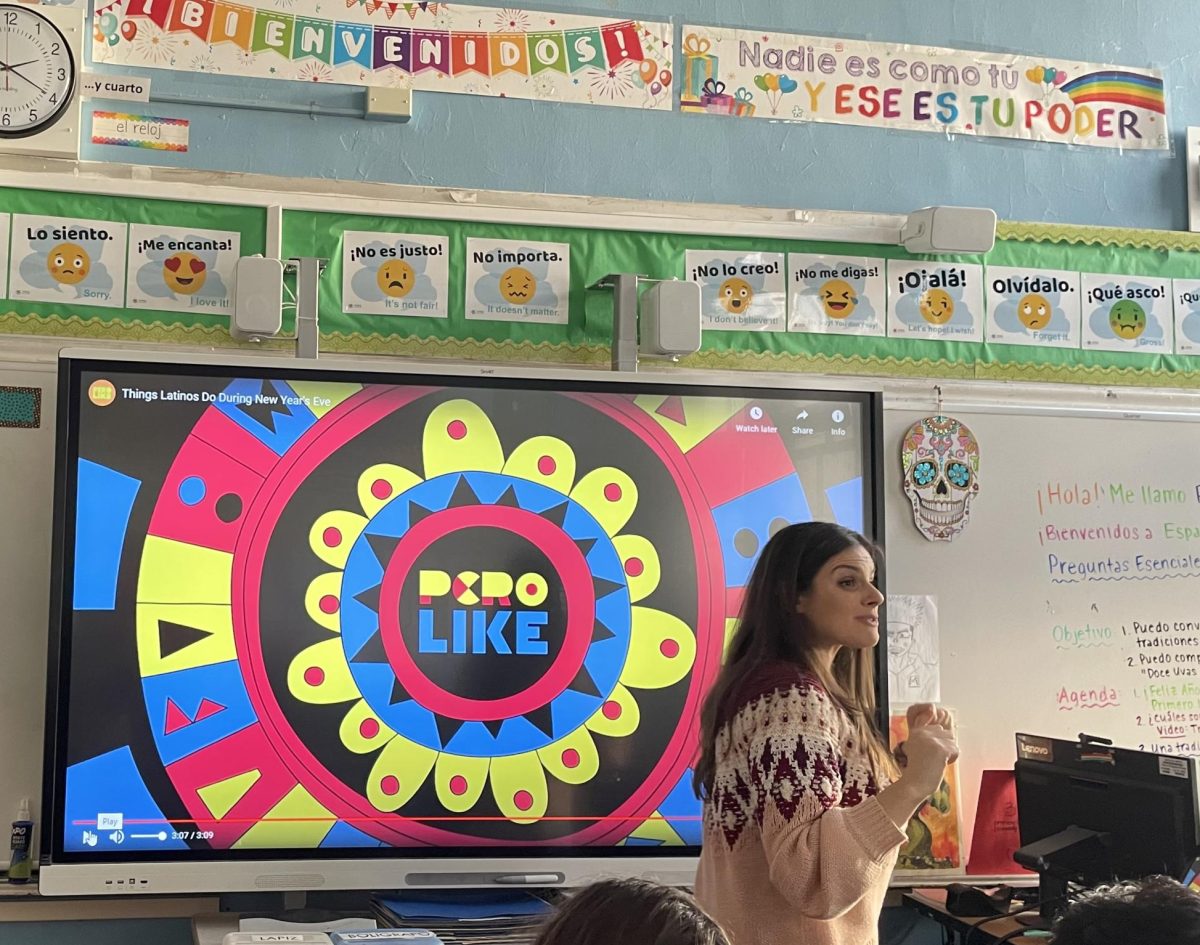Why I Don’t Like the AP Tests
January 14, 2015
Remember the AP tests last year? I do. They were filled with last-minute studying, jitters, and the culmination of months of work coming to a head. For weeks, our AP classes had been filled with nothing but practice, study, and nerves. There was no turning back at that point. Three hours later, exhausted and relieved, I walked out, angry. I had just taken a test that, in my mind, would never show anyone what kind of student that I was. Twice.
The Advanced Placement tests, if passed, grant students college credit for schools that accept them, cutting down general education classes and freeing up time for desired classes. The AP tests are optional, but students who take them are expected to be prepared and capable. However, there’s something off-kilter about this in my mind. Standardized tests, to me, don’t tell colleges what kind of a student you are. They tell you that you can beat a game with rough ideas of rules no one but the dealer actually knows, in the sense that the tests are never released and you are given practice on what might be on the test. You’ve gotten the rules down, but those rules never change for a game that’s almost never played again. Those countless hours of study and practice will never be used again, unless amidst all the stress and pencil marks you’ve managed to carry those skills into college.
“When it comes to being a student, you need to take in the full range of who that student is – how they interact as a group, are they a leader, are they a person who just takes notes but is actively participating?” says current AP Lit student Kaya Fridman. She went on to say, “I think testing is a skill more than an extension of somebody’s brain, somebody’s power to learn.”
Ms. Wentz, Millennium Brooklyn’s AP Lit teacher, when asked whether she thought the AP tests, or any form of standardized testing, was an accurate measure of student’s abilities, responded, “I think it is a measure of ability. I don’t think there is any one measure that can take into account all that students may be good at, or all of the things that students may be able to do. There is no test that isn’t flawed, but there is no other form of assessment that isn’t flawed, too.”
The problem, to me, lies with the very concept of standardized testing, particularly with the first half of that phrase. Standardize, a verb that means to set specific approved models, is one that is doled out by the creators of the test as if this is something desired. With standardized testing, we need standardized learning. If we become too rigid with standardized learning, we result in standardized people. No one has a set standard, but everyone has facets. We need to focus on making features shine, not cut the gem the same way with an old, unpolished knife.
















